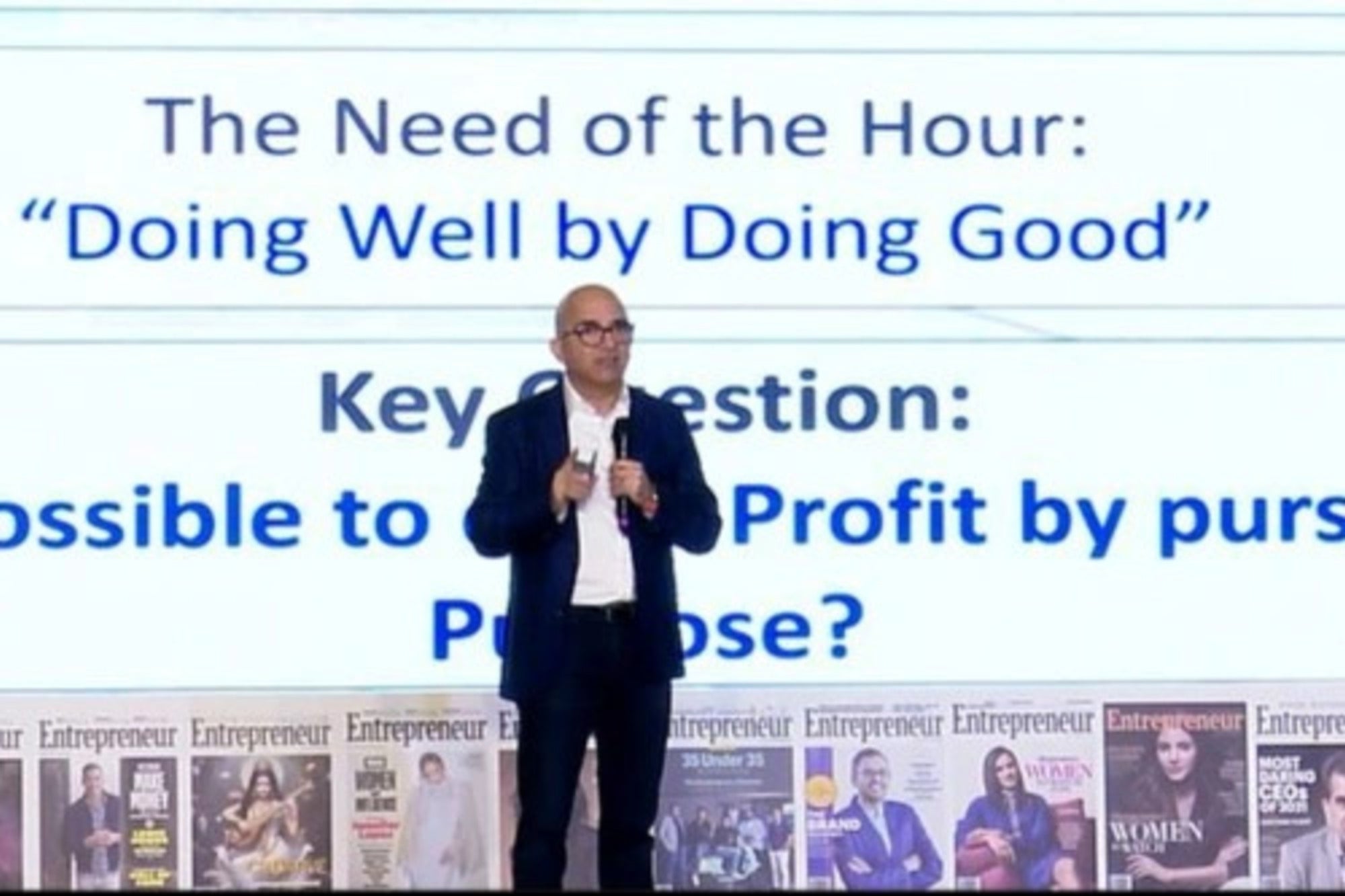IPO or Trade Sale: which one is best for the CEO? As a company grows, it must improve its systems of management and reporting. Public or private, there is no getting around this fact
By Georg Chmiel
Opinions expressed by Entrepreneur contributors are their own.
You're reading Entrepreneur Asia Pacific, an international franchise of Entrepreneur Media.

CEOs of successful businesses may eventually have to choose between two different avenues to fund the future growth of their company. Either they sell the parts (or all) of the company privately, or they launch it onto public markets via an initial public offering (IPO).
Experienced leaders, however, will tell you these two alternatives have more in common than most people think. There are three assumptions about IPOs that are flat out wrong. Preparing a company for an IPO does not necessarily require more work than selling the company outright to a private buyer. Here are the three most common myths.
1/ Public Companies Face Much Higher Governance Requirements
The first incorrect assumption is that public listed companies must cope with much more exacting standards of governance. CEOs might reject a public offering to postpone having to improve their internal practices.
That would be a mistake. Publicly traded companies do indeed have strict corporate governance obligations. What is not true is that CEOs of private companies can take governance lightly.
Governance helps to determine every company's performance. CEOs have to balance the risk and returns that comes with adopting or ignoring particular requirements. A private investor may have a higher risk tolerance for looser practices, but that risk still needs to be managed with care and transparency.
2/ For Public Companies, Quarterly Targets are more Important than Long-Term Sustainability
Should leaders of public companies shorten their aim from strategic targets to hitting short-term milestones? Do private investors always have a longer-term outlook? The answers are "no" and "no".
An entrepreneur should never engage in shaping their business to what they imagine the capital market wants by emphasising short-term gains. Ultimately, this kind of behaviour can create pressure which will result in the wrong decisions being made. It sacrifices good management at the altar of current results.
This is not naiveté. Focus on true sustainability rather than short-term milestones to succeed in every business environment over the long term.
3/ Private Companies have much easier Reporting Requirements
Many startup CEOs believe that going public means signing up for spending more of their time on reporting than on managing. This, too, is wrong.
Fast-growing companies whose success has catapulted them into another level of business must step up their reporting — whether or not they go public. Not every company acts on this necessity as as fast as they should. Many fail to do so until the IPO process make it unavoidable. Even so, it is growth rather than the IPO itself that makes the improved reporting necessary.
As a company grows, it must improve its systems of management and reporting. Public or private, there is no getting around this fact.
Public companies actually have an advantage in this respect. Stock markets require a specific structure of reporting that is well understood. It may even be easier to follow than the many different requirements imposed by each private investor.
IPOs and private sales are so interchangeable that companies can take the dual-track approach of simultaneously preparing for both. It is common for an acquirer to swoop down and buy a company just before its offering goes public.
Here is the advice every CEO should follow. Never obsess over either type of exit. Do not dress up your business for anyone, whether the capital markets or a strategic investor. Instead, spend your energy building a long-term sustainable business with a strong and growing asset base. That will have the best payoff, financially and personally, no matter how you exit.













